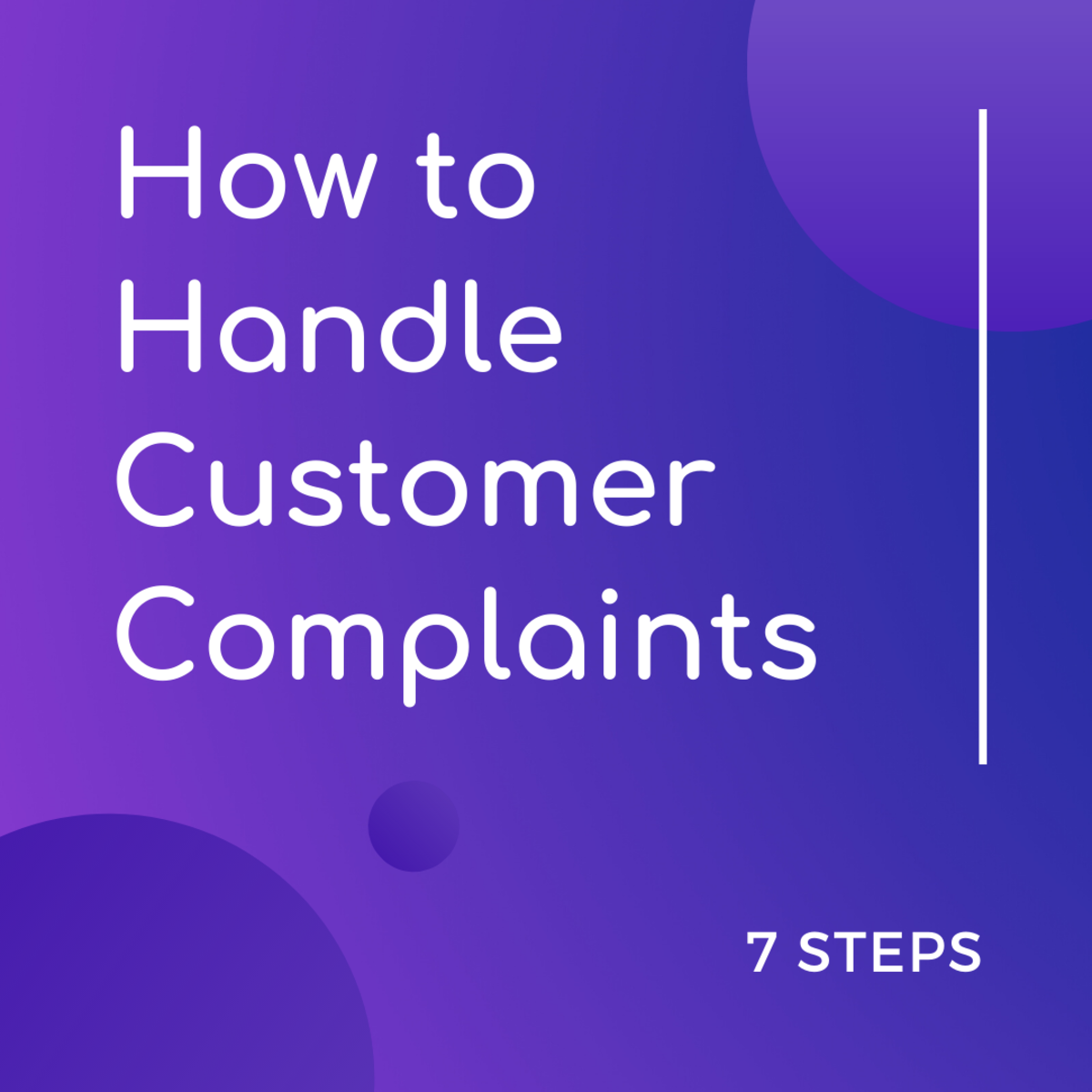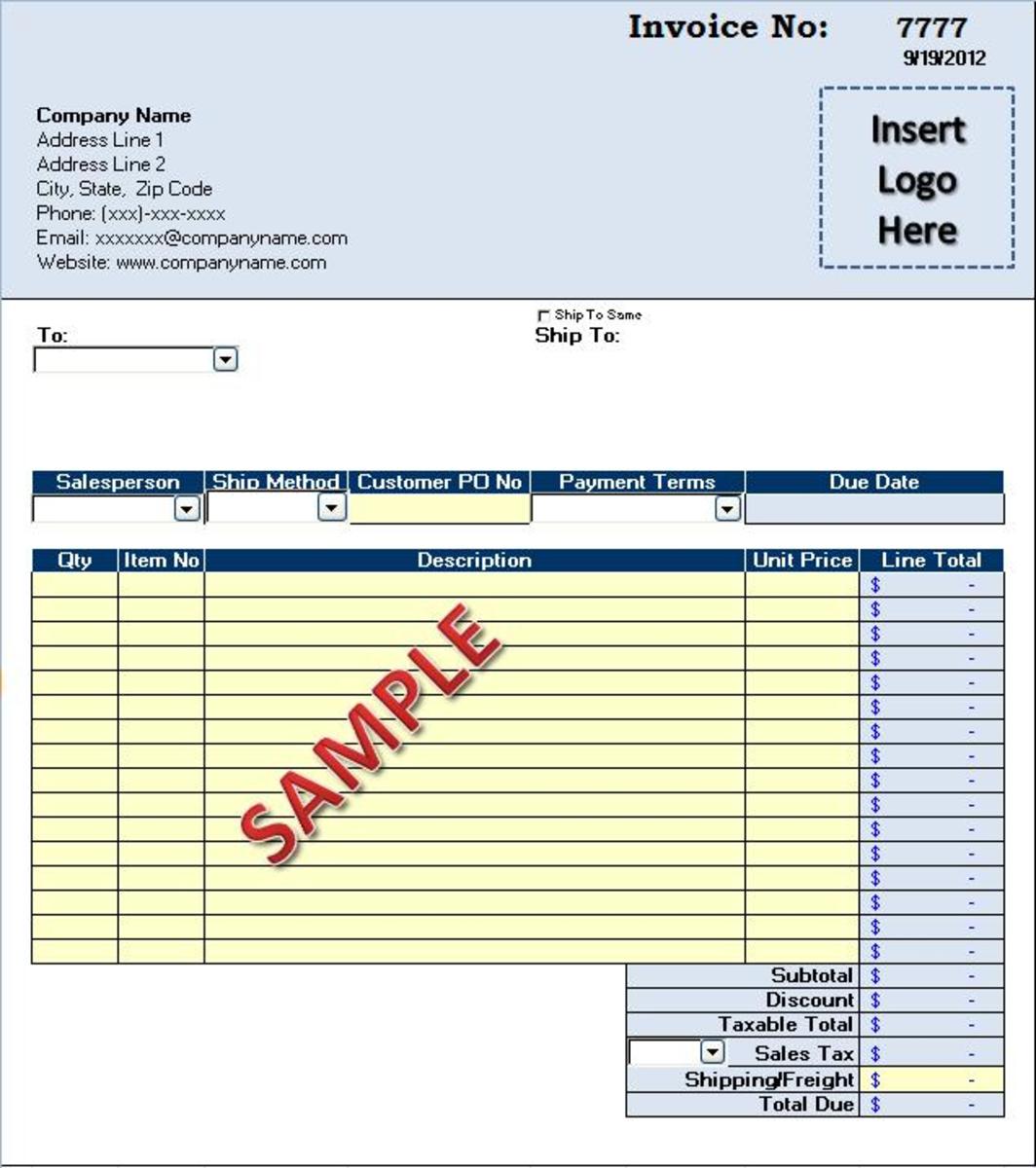Handling a Contract Dispute or Collection Matter

Good Service Doesn't Always Mean You Get Paid
If you're in business for yourself and providing service to your clientele, the time inevitably comes when at least one customer either isn't happy or isn't paying. If you've been in business a long time, no doubt you've experienced this situation somewhere along the way, and found good and or bad ways of dealing with it. If you're newer in business, at some point you'll find your "first fight" with a customer, just as every one who has ever been married has had that first fight in their relationship - it happens.
Business relationships are obviously different and more transient, but smart business owners want to keep their clients once they have them. So what do you do when you send out a bill, and word comes back that the customer isn't happy with your work, or your bill, and doesn't want to pay?
First, instead of assuming the worst, as easy as it is to do, consider the probable motivations of your customer. To you, the work is done, it's high quality and it's time to be paid. To them, it's likely either that the work that has been done won't satisfy their needs, and probably expectations, or their finances are tight and payment is an obstacle. Regardless of which side it falls, there are varying degrees of conflict involved, and you need to evaluate how severe it is as soon as you can.
If the problem can be cured with a quick follow up bit of work, it's often best to try to make the customer feel whole and move on. This is something only you, as a business owner can evaluate. On the one hand, it's just good business to make sure that your reputation for quality service is preserved by the effort you give to each, individual customer. On the other hand, you probably already know that once a customer is unhappy, it's hard to turn that particular relationship around. If it's worth the effort, and often it is, you will have to devote extraordinary energy and be patient as you win them back.
But what do you do when you reach the point of breakdown?
Cutting Your Losses and Taking Your Gains
Generally, everything that has every happened before falls in the category of "sunk costs". You can't change it. You can't take back the work you've already done, you can't have money back that you've already spent. My clients routinely pay me to advise them about things they can now do nothing to fix. Trust me, they never do this without clear warnings and disclaimers from me. I tell them upfront, and over and over again, it's not worth their while to chase a bad investment with good money they still have.
Yet it's absolutely true that it's very hard to let go of a receivable as long as there is some hope of collection. No one wants to write off an asset they don't know is bad. So how do you know? One good thing that can come of a contract or fee dispute is that if affords an opportunity to reduce yoru efforts to purely financial analysis.
The more you're able to keep the lines of communication open, the better your analysis can be. This is an art. Whenever conflict arises, trust breaks down and bot sides tend to put up walls around their communication. If the problem started with the customer, guess what? He is the one who is also more likely to close down the communications.
But you can't control this, so don't try. Instead, focus on what you do have control over. Here are a some steps I recommend in trying to correct the path toward fulfillment of your original contract goals:
- By Phone: make a phone call - it's less formal, can be more friendly, and affords the opportunity for dialogue without the perceived threat that anything said may be used in court, as it is when you communicate in writing:
- Email: if phone communication doens't succeed, try email next - if you can't communicate orally, you have to resort to writing. Step up the formality gradually with email, which is less formal than postal correspondence. Don't write a "demand letter" at this point. You're still working on trying to heal the rift. Once a clear demand is submitted, battle lines are drawn. This should come within a few days of the attempt to communicate by phone.
- In House Correspondence: write your own letter - it's still too early to engage counsel, but you need to give notice that unless the matter is resolved between you quickly, you have no choice. This communication should follow email communication by about a week - not much more. Do not send this communication by certified mail - that is not necessary.
- Attorney's Demand Letter: hire an attorney strictly to write your demand letter - before you engage counsel for litigation, it's not a bad idea to hire an attorney to write a clearly, articulated demand based on your rights. If you limit his engagement initially to this effort, the cost will be reasonable, and you can leave open teh option of hiring him for more work as the need arises. Typically, you will want to have this letter sent approximately 30 days after the dispute initially arises - or perhaps about 2-3 weeks after you worte yoru own letter.
- Litigation: if you are forced into litigation, make your position as strong as you can before anything is filed - and try to prevail with overwhelming force. At this juncture, thoroughly understanding "The Art of War", even as it was originally written by Sun Tzu in the 6th century, will serve you very well.
Even as you go through each of these steps, you can evaluate and re-evaluate as you move along. Part of the value of the communications is that you can discern if the time comes that pursuing either reconciliation, or collection, will no longer be worth the effort. If that time does come, rest easy that it is a good business decision, even though you will have profited far less than you had expected when you and your client first connected. Accepting this kind of fate is a very mature understanding of business.
You will certainly want to be sure you have given yourself every reasonable opportunitty to collect the debt first, and then take some lessons with you if you do have to write it off. Typically, one of the most improtnat lessons to learn is how to better protect yourself on the front end of a deal. The money you could spend with an attorney is most often better spent in drafting a document that will clearly protect your rights from teh beginning, than it is to hire an attorney to try to mop a mess in the end.
Andrew J Thompson is the founder of the Thompson Law Office in Indianapolis, IN, and specializes in work with small business owners, handling contract and collection matters, as part of a divrsified business law practice.








